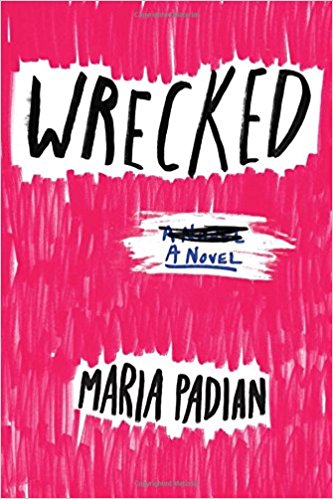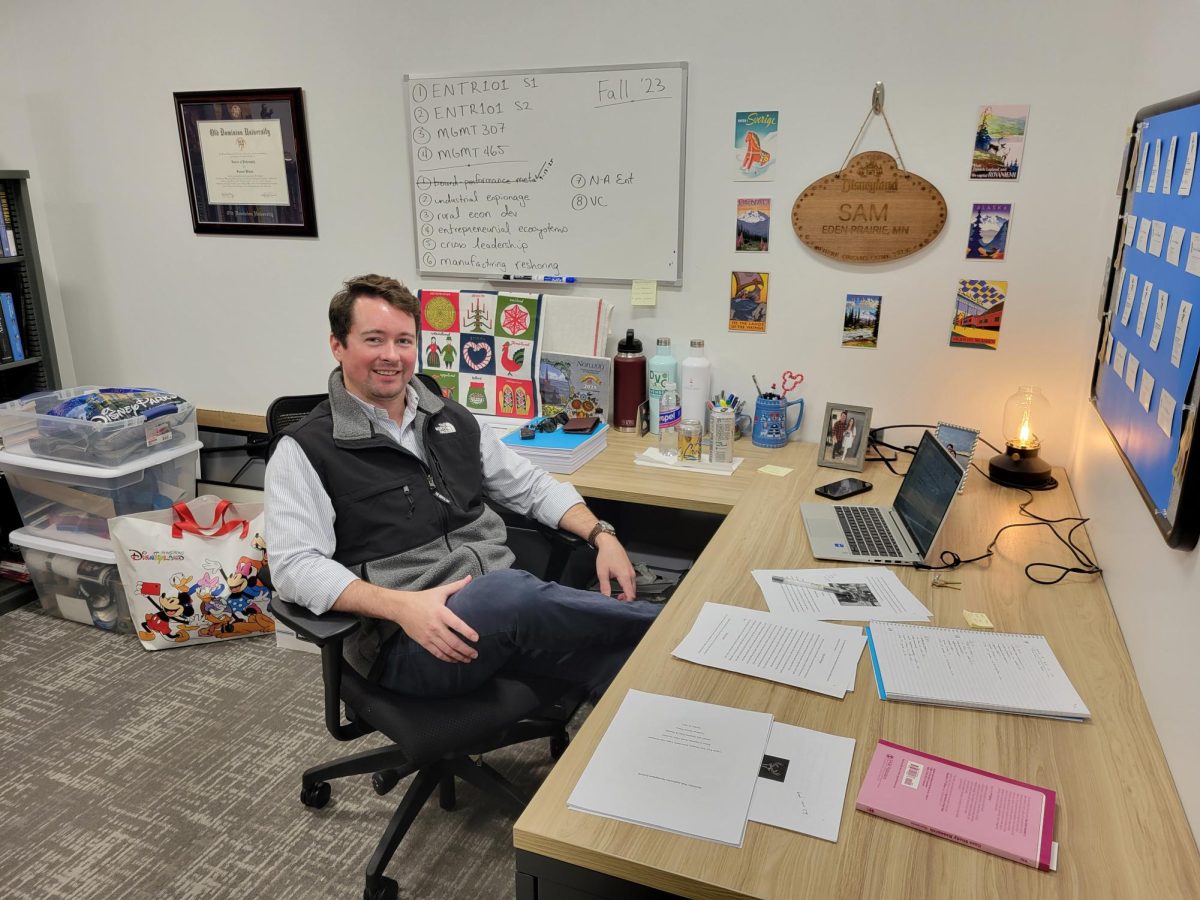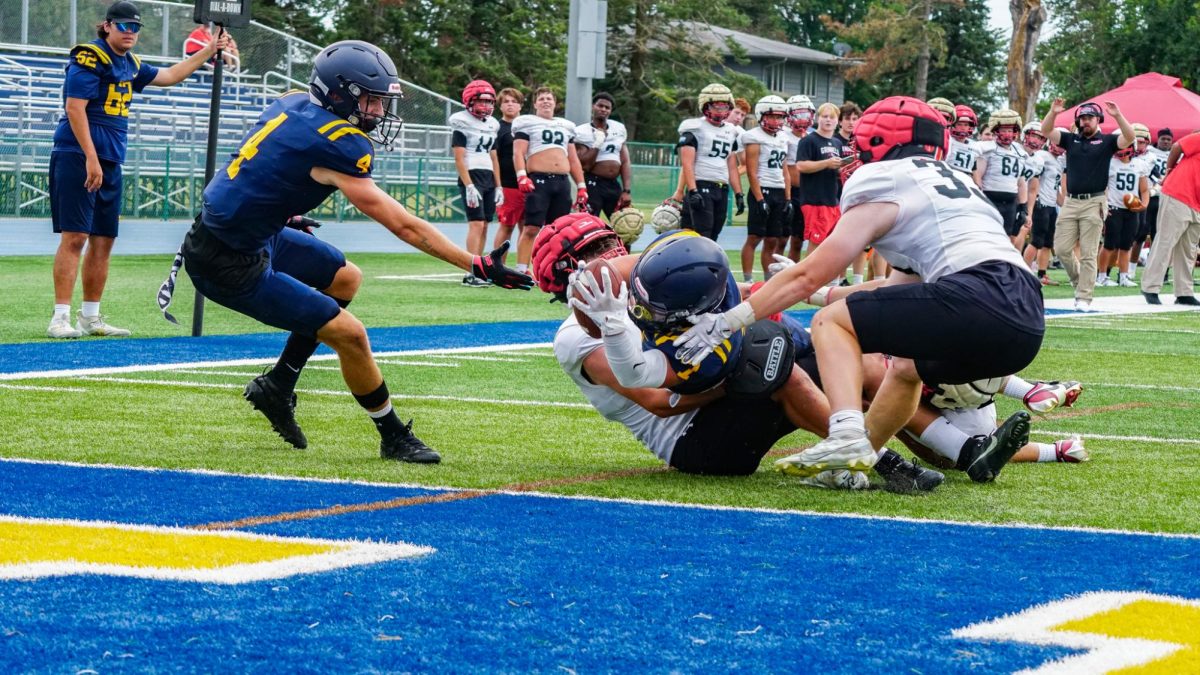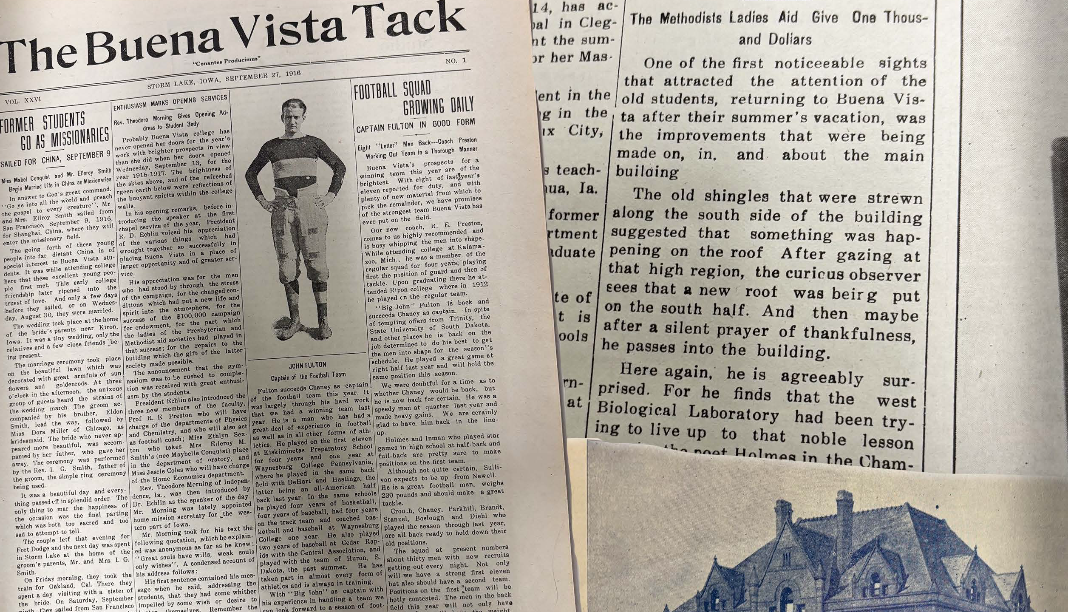Book Review: Wrecked by Maria Padian

November 17, 2017
Unfortunately, we read and hear about sexual assault all the time, and in the last couple months especially there has been a growing conversation about the topic. While we can empathize from an outside perspective, it’s impossible to put ourselves in a victim’s shoes. It’s a charged topic because conviction and personal experiences inform it . So, when I was asked to read Wrecked by Maria Padian, which tells the story of a college sexual assault told not from the victim’s point of view, but from those who surround her and her attacker, I was hesitant.
This hesitation the would prove to be a natural response, if the book is used as an example of response. When Jenny gets assaulted at a campus party, she returns shell-shocked to her dorm room, where her roommate Haley is recovering from a sports injury. After a few days, Jenny finally tells Haley what happened with the help of the campus sexual assault response team. On the other side of the case is Richard, a housemate of the alleged attacker, Jason. Richard wasn’t at the party, but due to Jason’s penchants for oversharing, he finds himself sitting front and center in the fall out. When Richard and Haley start seeing each other, unaware of their precarious, opposing positions, the story becomes something truly unique in the conversation about sexual assault.
What I liked the most about this book is that it’s honest. It isn’t clean cut hatred wrapped in a pretty bow and delivered to the man-hating masses. It could have been, but Wrecked actually looks at the complexity of assault and addresses certain archetypes that many of us have experienced. The well-meaning crusaders who supersede the victims, the people who are too caught up in their own problems to ever consider someone else’s pain, the predators who look for victims, the narcissists who manipulate everyone and the average others who are just trying to help as best they can.
What I particularly liked was how it addressed double standards almost out of the gate. There is a conversation between Richard and his then girlfriend, Carrie, who is a member of the campus assault response team. He jokes that she practically raped him the previous evening, because they were both so drunk. She gets very upset about this and starts flipping out about how its not a joke and he should be more sensitive. The irony here is that she doesn’t ask how he felt about being dragged to bed without being asked. He happened to be fine with it, but Carrie, who is depicted as a crusading type throughout the novel, doesn’t seem to think that aggressive behavior on the part of woman is equally inappropriate. This is an interesting and important dynamic that is addressed throughout the novel. Personally, it’s what made the story palatable, because it addresses these assumptions of action that we operate on in a victim centered culture.
Another thing that I really like about the book is the doubt versus support dynamic. Haley has never had to deal with this sort of thing, so she is a little adrift in terms of helping Jenny cope with the attack. She is encouraged more than once by well meaning adults to let someone else help Jenny. Haley’s not certain, at any point, about what happened to Jenny. She doesn’t think that her roommate is lying, and she believes her series of events, but she doesn’t understand how Jenny reacts to certain things. As such, Haley finds herself having conversations with lots of people, who know even less about Jenny and the assault, trying to puzzle out exactly where she stands. It’s through these honest, brutal and sometimes cruel conversations that we see Haley develop her own views on assault, and what she is and isn’t willing to put up with.
Richard, likewise, is being forced to have difficult conversations about consent, but where Haley is largely being challenged by other women, Richard is really being inundated from both sides. His housemates expect a certain amount of loyalty. Jason, the rapist in question, and his friends make it very clear that there is an expectation of support from Richard simply because they share a house. Richard is not a fan of Jason, and I believe Richard is a genuinely good guy. On the other side, Carrie and her friends have a tunnel vision when it comes to assault, and rather than having difficult, even-handed conversations, she attacks Richard every time he says something that doesn’t align with her world view. I actually felt really bad for him at certain points, because he hasn’t actually done anything, but he is mostly seen as guilty by association, even though he had little choice in the association. Yes, I do agree that he does say stupid stuff in the highly charged environment, but I also realize that not everyone has had a front row seat to women’s struggles, and I think Haley comes to see this about Richard. It reminds me of something I was told a lot growing up. There is no such thing as a stupid question; it’s only stupid not to ask, if you have an opportunity to learn.
If I had to read a rape story, I’m glad it was Wrecked, because it presents itself as an educational novel, even including a “Reader’s Guide” in the back that offers discussion questions for readers to consider.
Wrecked ultimately is an elegantly executed, thought provoking novel that shows rape and assault as terrible, complex situations, that can polarize us if we let them, but can also be a catalyst for change, if we are smart enough to keep asking uncomfortable questions while we pursue justice against the predators who perpetrate it.






